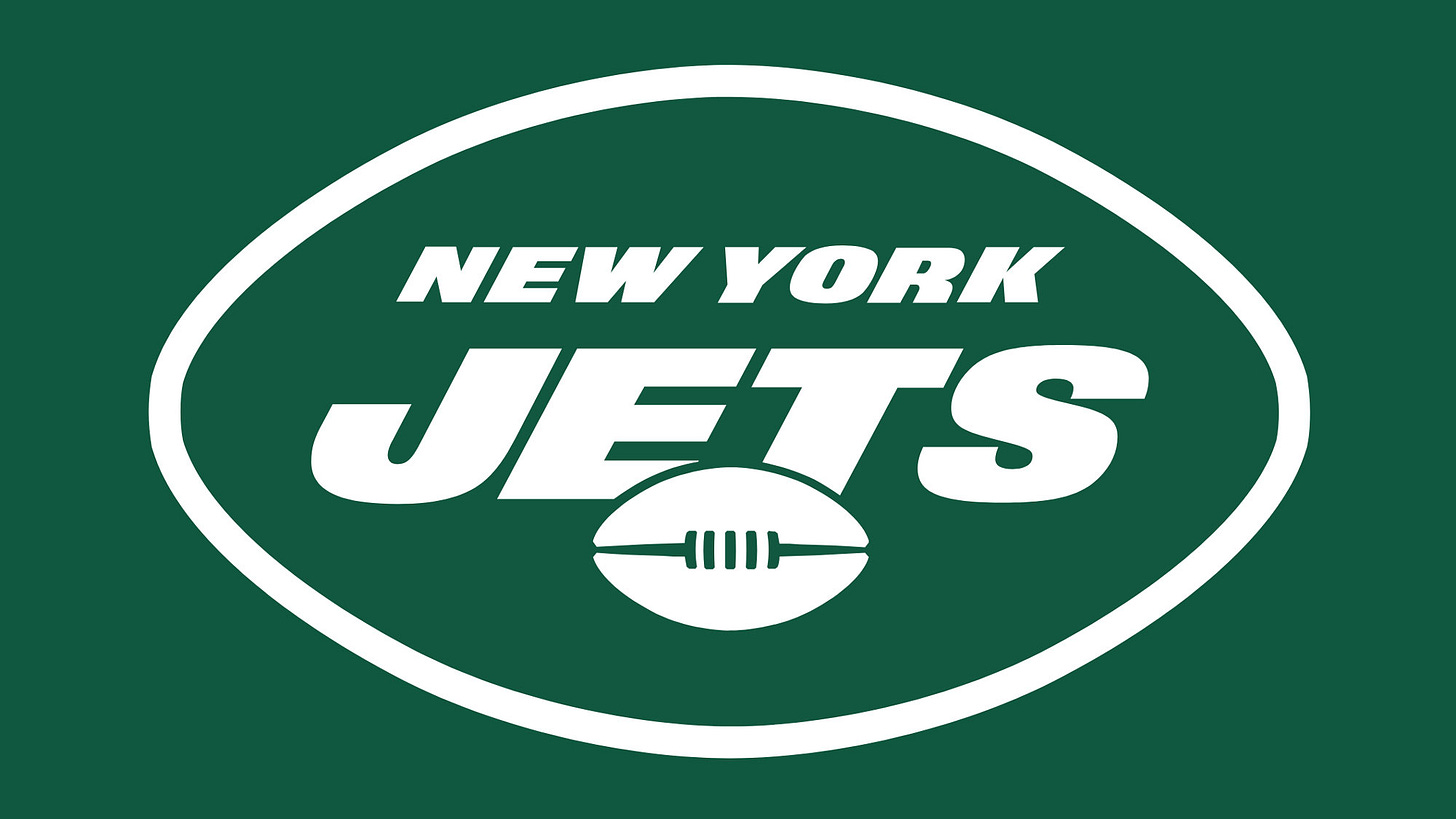Engaging Spectatorship
Sports and the game of life
Here’s another in a series of posts on the culture of play in American life. —Jim
The world of play is important because it brings a sense of theater to the experience of ordinary life. It can animate even quotidian tasks like cleaning one’s house (I often think of vacuuming as a form of warfare in which I launch counteroffensives against pet hair on multiple fronts; I always win but the forces of entropy always rally). It also includes more important arenas like one’s job. I think of teaching as a form of acting, in the sense that both involve preparation, some sort of script, and, most important, making a series of choices in real time about what you do or don’t say in reaction to the people and circumstances around you. When teaching I play a character, adopting a persona that represents a somewhat more considered and confident self than I have outside the classroom. Living up that that persona is a daily challenge; paradoxically, playing a role keeps me honest. I also take seriously the notion of a course as a journey, and while I don’t imagine many of my students notice or even feel I succeed, I do try to craft experiences where there is some sort of story (often, but not always, chronological) is unfolding over a period of weeks and months.
This utilitarian streak in my notion of play reflects my personality, but that personality is also a reflection of strands in my culture, some of which are very old. Here I’m reminded of one of the meditations of the Puritan poet Anne Bradstreet: “There is no object that we see, no action that we do, no good that we enjoy, no evil that we feel of fear, but we may make some spiritual advantage of all.” I think it’s a good thing that a spirit of play animates my work. But I also crave a pure sense of play in which this spirit of improvement is entirely absent.
An important arena for such entirely impractical cravings comes from spectator sports. It has been my misfortune to have bonded, early and durably, with the New York Jets football team a few years after it won its only Super Bowl in 1969. Sitting in the cheap bleacher seats with my dad—often a wintry ordeal—ranks among the happiest memories of my childhood. Notwithstanding its overall mediocrity, the team has won, in the regular season and in occasional playoff appearances, just enough to keep me engaged. The requisite television habits have long been in place, among them wearing the right gear on game days, procuring the right food for game time, and reading multiple accounts of the big game in the days after it’s over. Beyond the ritual appeal of fandom, there’s also what I in my more detached moments regard as a strange desire to wager my emotional well-being for a few hours on the outcome of a contest that can’t be known in advance. In close games, I’m no longer a mere spectator in my living room—I pace, clutch objects, give in to superstitions I manage to believe will somehow influence the outcome. When the Jets win, the surge in dopamine is wonderfully satisfying. When they lose, the despair is real, compounded by a lament of lost time (especially for night games that run late).
Spectator sports have played one other role in my life worth mentioning here, and that is in my capacity as a parent. Parents have been cheerleaders for their children from time immemorial, but in the twenty-first century the role has taken on what I perceive as unprecedented intensity. There are school teams, travel teams, summer camps, and so on. There’s also the equipment sweepstakes, which extends to the imperatives of wardrobe. Sports are often the locus of a child’s social life, as indeed it is for many parents (here I’ll confess to having been something of a loner, though I had little choice but to be a team player at least some of the time during my kids’ athletic careers). The demands of a sports schedule are the tail that wags the calendar dog, whether in terms of when (or if) a family vacation will take place, what will happen on any given weekend, or what time kids will be leaving school on any given day. Grousing here notwithstanding—my wife, a former athlete and coach, played the pivotal role in all of this—I also recognize that sports provided a structure to my days, as well as moments of bona fide excitement in nail-biting contests, that I miss now that my nest has emptied.
Spectatorship also confers membership in a larger fraternity of fans, a set of concentric circles that includes sports generally, a particular sport, and a local team, whether scholastic or professional. Precisely because my professional interests are relatively rarified, it’s all the more precious that I have a basis of conversation with my fellow citizens that cuts across race and class (and, to a lesser extent, gender) lines. I cultivate a baseline of athletic literacy so that I can hold up my end of a social conversation, but also so that I feel I can participate in a larger civic one. Plenty of people can function just fine without it. But the sense of longing it affords is not unlike that of a church or a nation.
My finite familiarity with the world of sports gets enlisted in the service of another preoccupation as well: it offers a vivid vantage point from which to observe the American Dream. Visions of athletic glory are probably the most common kind in contemporary life, taking root in childhood and persisting for years and even decades. Perhaps because I’ve never nurtured serious fantasies of athletic prowess myself, I tend to view them with skepticism. But only other peoples’ dreams perplex.

